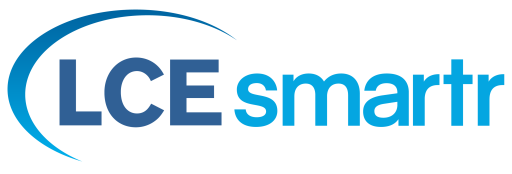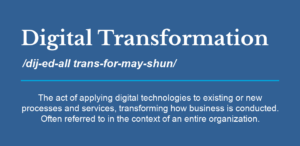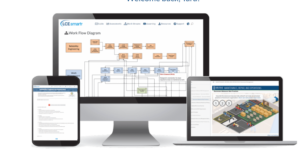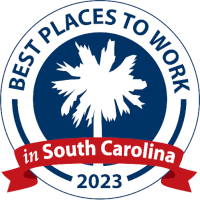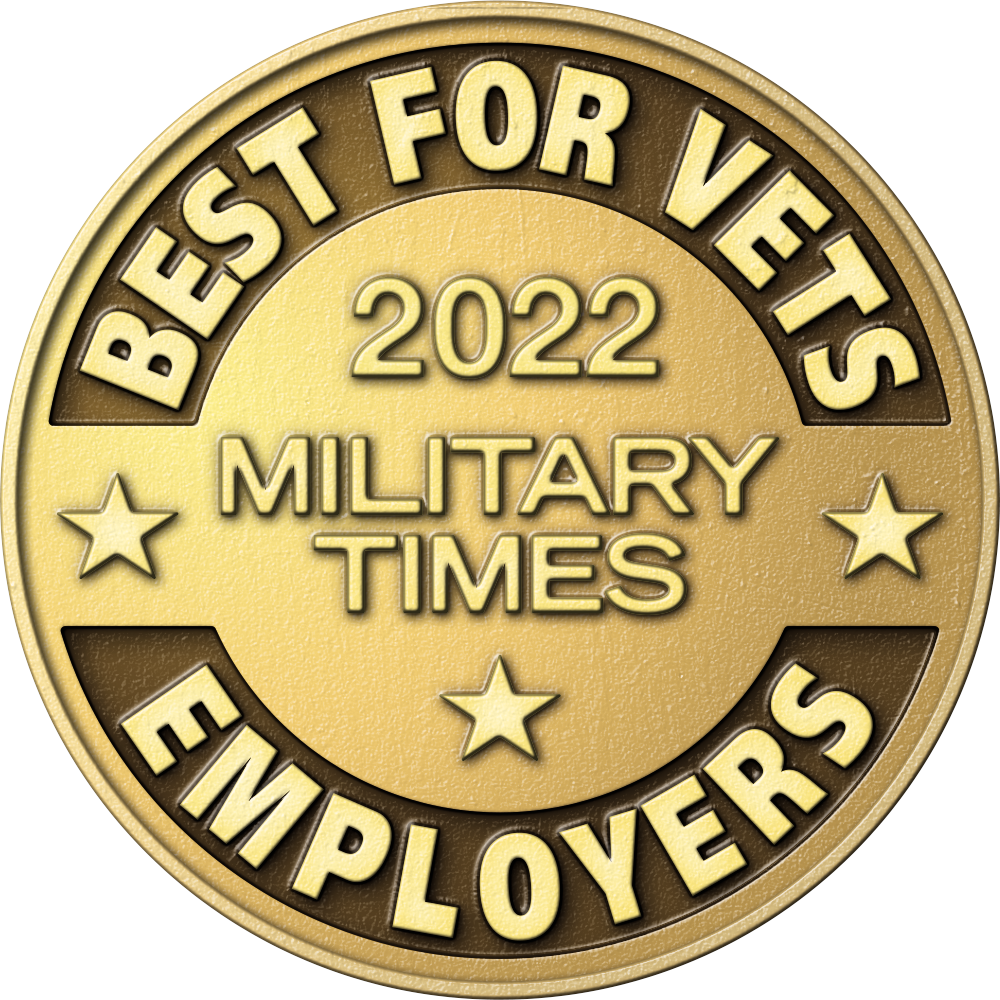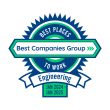The many benefits of increased reliability are widely understood – improved safety, less downtime, extended asset life. But how does one actually create a culture that values and creates reliability? An automotive manufacturer had an opportunity to test drive an intentional strategy when they opened a new facility at a greenfield site.
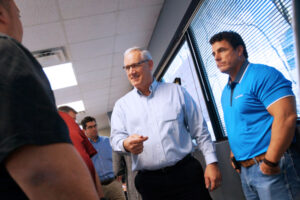
Like plenty of other manufacturing organizations, the 2008 recession had put some real stresses on a nearby existing plant, pushing it to become reactive in how it operated. When the new plant opened up, the management team and engineers that migrated to the new operation knew that in order for it to flourish they needed to implement reliability best practices and create a culture that was proactive instead of reactive. They expected a shared commitment to reliability would result in improved performance and a better place to work. They were right!
Using Education and Certification to Build Competency and Engagement
According to the senior maintenance manager at the new plant, the seeds of improvement were planted years in advance. To help prepare the organization for the road to reliability, the senior leadership team spent years selling the idea of the value of increasing reliability to management. Earning a budget for training required justifying it with a business case. Fortunately, the plant manager was a huge fan of SMRP (the Society for Maintenance and Reliability Professionals) and understood that although there was an upfront cost of transitioning to a proactive work environment, the financial returns would be there.

With the support of his plant’s leaders, the senior maintenance manager decided to pursue the necessary training to help plant staff earn SMRP’s Certified Maintenance & Reliability Professional (CMRP) certification. According to SMRP’s website, the CMRP program is the leading credential for certifying the knowledge, skills, and abilities of maintenance, reliability, and physical asset management professionals. The CMRP is the only certification program of its kind accredited by the American National Standards Institute (ANSI), which follows the globally-recognized ISO standards for its accreditation purposes. Earning the certification requires passing a very difficult exam that covers a broad scope of expertise measured against the universal standard. It was developed to assess professionals’ aptitude within the five pillars of the SMRP Body of Knowledge (BoK), which include: Business & Management, Equipment Reliability, Manufacturing Process Reliability, Organization & Leadership, and Work Management.
For the new plant, this was an ambitious plan. It required a significant amount of internal training, including classes and book studies to get people in a variety of roles within the plant up to speed. Earning the CMRP certification became a goal to shoot for and the preparation in itself helped people throughout the plant to understand that equipment has to be reliable for them to be able to achieve their top two priorities: safety and quality.
The CMRP exam is designed to gauge competence in a number of areas related to maintenance and reliability. Even after extensive preparation, the pass rate on the exam rate was not as high as the plant leaders were expecting. With the goal of achieving certification being a shared one across the manufacturing site, the senior maintenance manager decided to reach out to an educational partner for help. The first step in finding a partner to get them to the certification finish line was to send one person and then a few more to Life Cycle Institute at Life Cycle Engineering’s headquarters in Charleston, SC. Although SMRP does not endorse any preparation course for CMRP certification, it does endorse training conducted by SMRP Approved Providers recognized as providing best-in-class reliability and asset management training aligned with SMRP’s BoK. Life Cycle Engineering (LCE) is an SMRP-Approved Provider and offers an SMRP Body of Knowledge Guided Study workshop.
This guided study is a comprehensive review of the SMRP Body of Knowledge by an experienced CMRP holder and proctor. Each pillar’s components are explored using interactive discussion, real-world examples and sample questions. Participants are encouraged to read numerous resources to improve their chances of passing the CMRP exam:
- CMRP preparation guide (SMRP website)
- The Asset Management Landscape, 2nd edition (Global Forum on Maintenance and Asset Management – gfmam.org)
- Maintenance and Reliability Best Practices, 2nd edition (Ramesh Gulati)
- Making Common Sense Common Practice, 4th edition: Models for Operational Excellence (Ron Moore)
Life Cycle Institute’s workshop, which includes three days of instruction in addition to the individual study, was designed for professionals interested in building their competency in maintenance and reliability disciplines.
When the initial workshop participants passed the exam and earned their CMRP certification, the Senior Maintenance Manager arranged for Life Cycle Institute to deliver an on-site workshop for 19 additional employees. The shared preparation and class experience provided additional bonding and commitment to the importance of reliability for their plant.
Although earning CMRP certification has become a distinguishing achievement for 80% of plant staff, it’s not an endpoint for training and professional development. The site continues to look for areas to strengthen individuals’ competencies to help build the strongest possible plant team. For people who need more technical background, the Institute’s Reliability Engineering Certification program offers a strong curriculum, complemented by the Maintenance Management Certification option for those who are aiming for manager roles. These external offerings supplement plenty of in-house education. The plant has created a career ladder for maintenance engineering to grow individuals into reliability engineers. Although they hire some people in as engineers, they prefer “homegrown” people who start out as maintenance technicians and work their way into engineering positions.
Did Training and Certification Produce the Expected Results for the New Plant?
From the perspective of people who studied for and earned their certification, the impact on performance has been significant for both individuals and the plant at large. An assembly maintenance manager shared how much he had learned and the potential impact: “I feel that my department has benefitted greatly from my increased level of understanding of the modern maintenance practices that I have learned through my CRMP journey.” He described how the focus on education and earning the certification had impacted the work environment: “It helps for non-maintenance people to better understand our language and our needs.”
Another member of the maintenance team shared similar feedback about the Body of Knowledge workshop: “The Body of Knowledge guided study without a doubt made a difference for me. What I have learned about reliability changes your mindset and how you look at things. Our company is big on this right now. We’re all pushing it not only within the maintenance organization, we’re also pushing it across quality and production and manufacturing. When everyone has that mindset, it really makes a difference in productivity. I feel like the company as a whole is going in the right direction by getting more people CMRP certified. We all have the same mindset and we’re working towards the same goals, which is having a huge impact.”
At a corporate level, the automotive company uses an external company for surveying and benchmarking. In a recent survey, the new plant scored higher than any of its sister plants and well above the global “best-in-class” levels. Fortunately, success can be very contagious. The model of education and subsequent performance improvement and employee engagement is now spreading to other manufacturing plants within the company. Improving reliability – and the benefits that follow – could now impact the company’s performance around the globe.
An Automotive Company Invests in Education and CMRP Certification To Drive a Culture of Reliability

